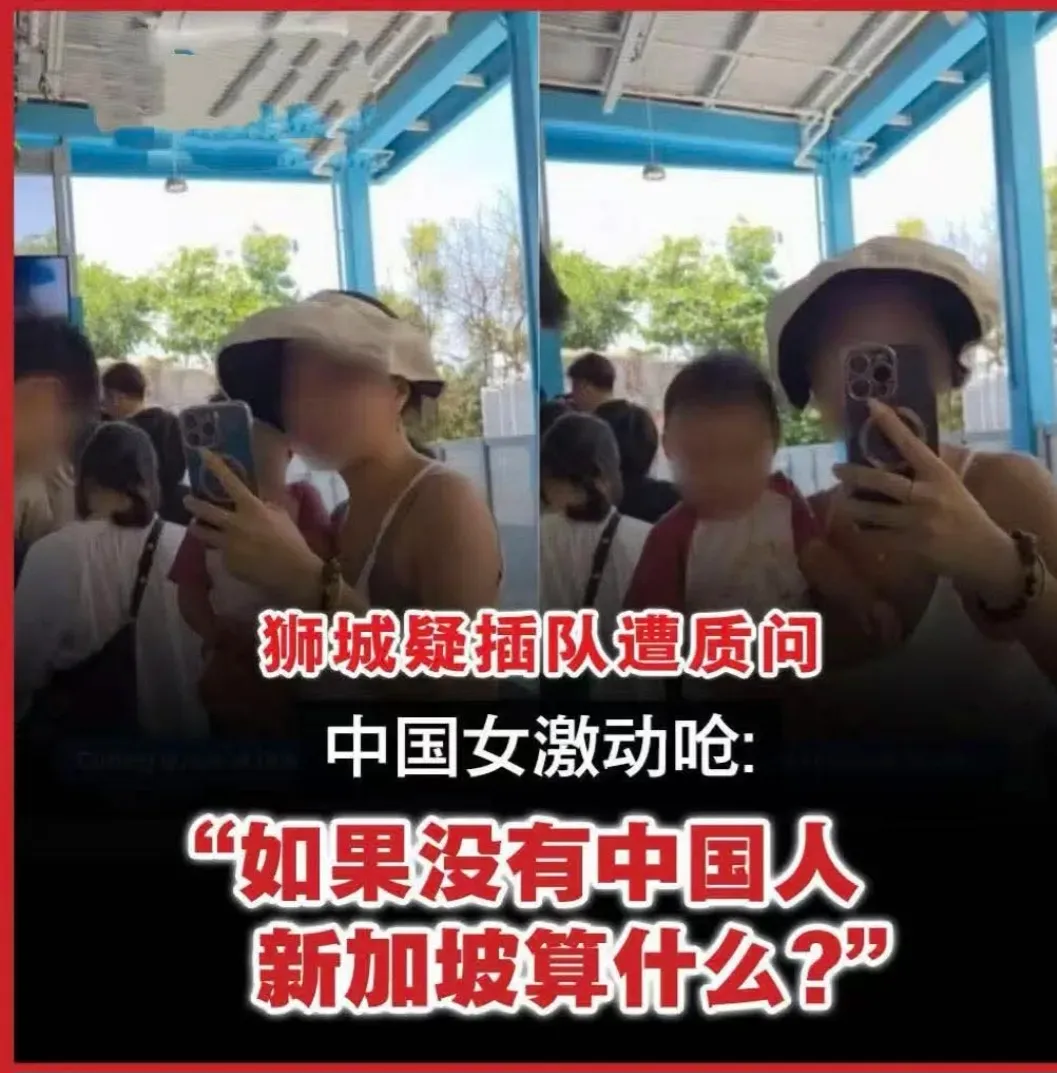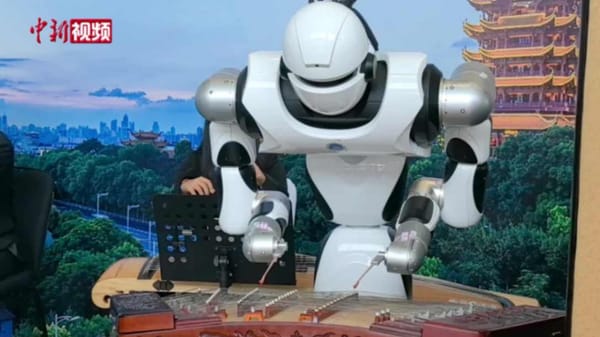Chinese Mom's Queue-Cutting Clash in Singapore Sparks Debate
A viral queue-cutting incident at Universal Studios Singapore has ignited heated debate about cultural differences and respect in public spaces.

When Queue-Cutting Turns into a National Debate 🇸🇬🇨🇳
Recently, a seemingly simple act of queue-cutting at Universal Studios Singapore exploded into a viral online controversy that raised questions far beyond polite line behavior. In the video making rounds on social media, a Chinese mother with three children is accused of jumping the queue. The situation quickly escalated when a Chinese man confronted her, leading to heated exchanges involving national identity and cultural pride.
It’s fascinating how a small moment in a queue can ignite such intense emotions. The man accused her of disgracing the Chinese, while the mother retorted emotionally, “Without us, you are nothing.” This verbal sparring immediately turned the dispute into something bigger than just queue etiquette — it became a flashpoint for cultural tensions between Chinese tourists and Singapore locals.
@moretify_official 插队还大声 #中国人 #华人 #新加坡环球影城 #新加坡 #环球影城 #universalstudio #uss #插队 #素质 #viral
♬ original sound - Moretify - Moretify
Queue Etiquette: More Than Just Waiting in Line?
Singapore is well-known for its deeply ingrained culture of queuing, often seen as a symbol of societal orderliness influenced by campaigns like the government’s “Polite Campaign” and the local phenomenon known as “Kiasu culture”. 🚶♂️🚶♀️
However, it’s crucial to remember that queue-cutting and similar uncivilized behaviors are unfortunately not unique to any one nationality. Videos capturing such incidents often present a one-sided story, missing the full context. This makes it important for all of us to avoid hasty judgments or blanket stereotypes that can deepen cultural divides.

The Danger of Escalating Individual Actions to National Stereotypes
The incident’s escalation to a debate on nationality highlights a troubling pattern: the ease with which individual actions become unfair symbols of an entire group. As many netizens pointed out, it’s neither fair nor accurate to portray every tourist or national as disrespectful because of one person’s behavior.
While queue-cutting is undeniably rude, the heated exchanges involving terms like “disgracing the Chinese” do little to resolve conflicts and instead fuel nationalist antagonism. This raises important questions about how we perceive and react to cultural differences. Can civility be restored if we don’t look beyond nationality and focus on individual responsibility?

Resorts World Sentosa’s Response and a Call for Understanding
Resorts World Sentosa responded promptly, emphasizing their commitment to politeness, respect, and proper queue etiquette. The dispute was resolved, but the incident remains a reminder of the delicate balance required when different cultural norms collide. 🌏✨
This episode also serves as a lesson on the need for tolerance and understanding in interpersonal and intercultural interactions. Recognizing that cultural habits vary helps reduce misunderstandings and promotes harmony among locals and visitors alike.

Conclusion: More Than Just a Line to Wait
Ultimately, this viral queue-cutting incident is a window into broader cultural and social dynamics. It urges us to examine how quickly friction can arise from everyday scenarios compounded by national pride and social expectations.
Next time you stand in line, maybe take a moment to breathe, smile, and remember: the shared experience of waiting can bring us together more than it divides us. 🤝




